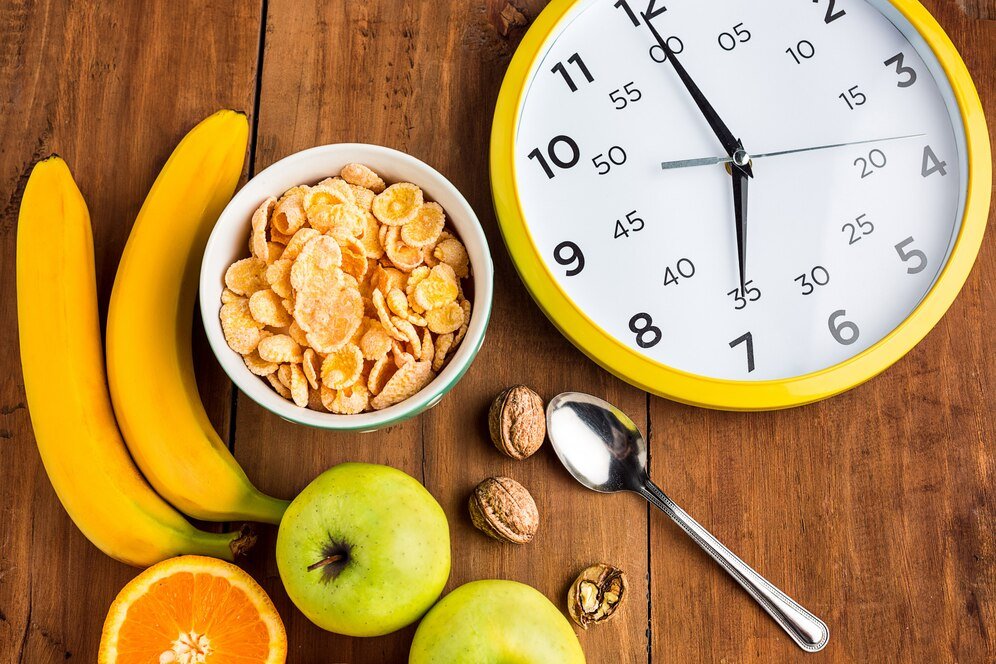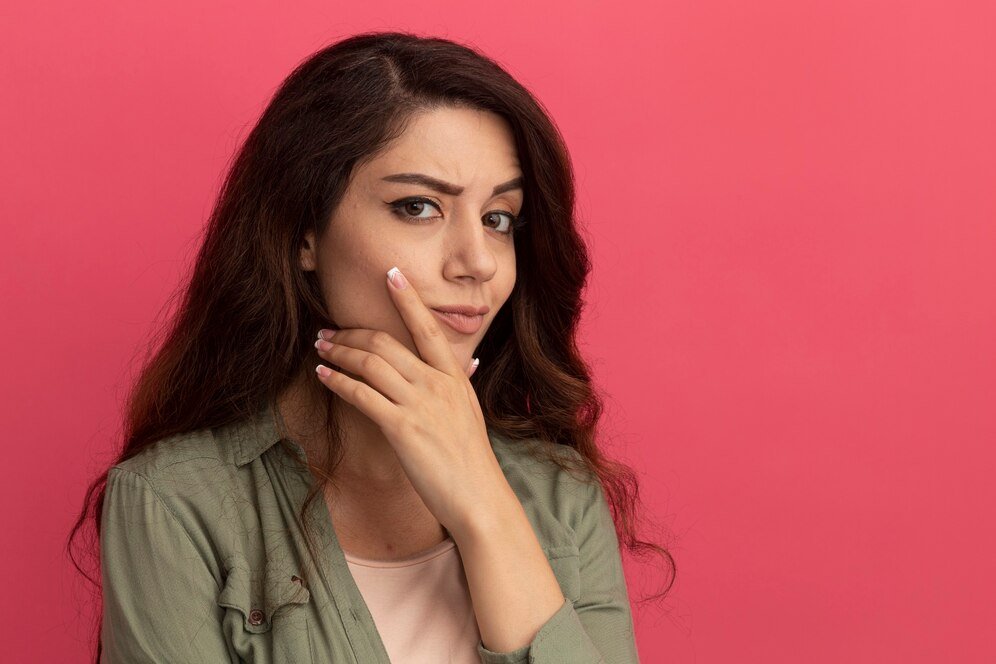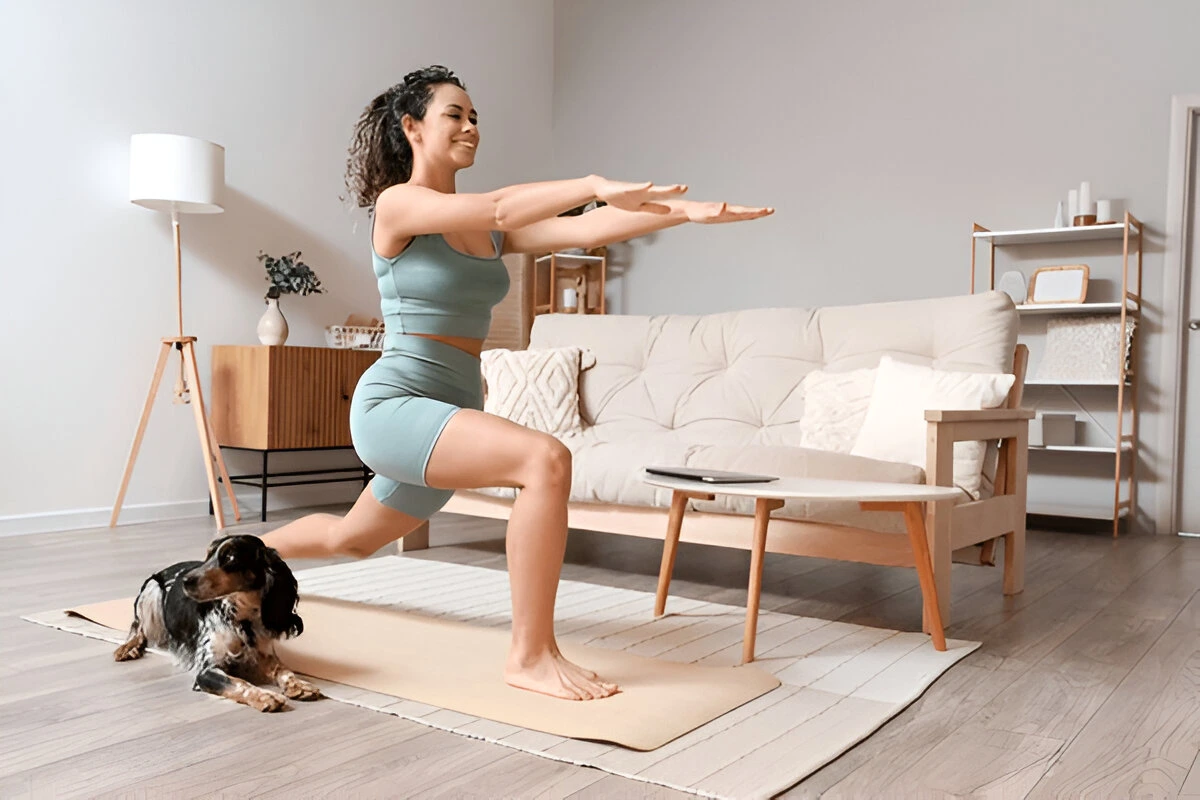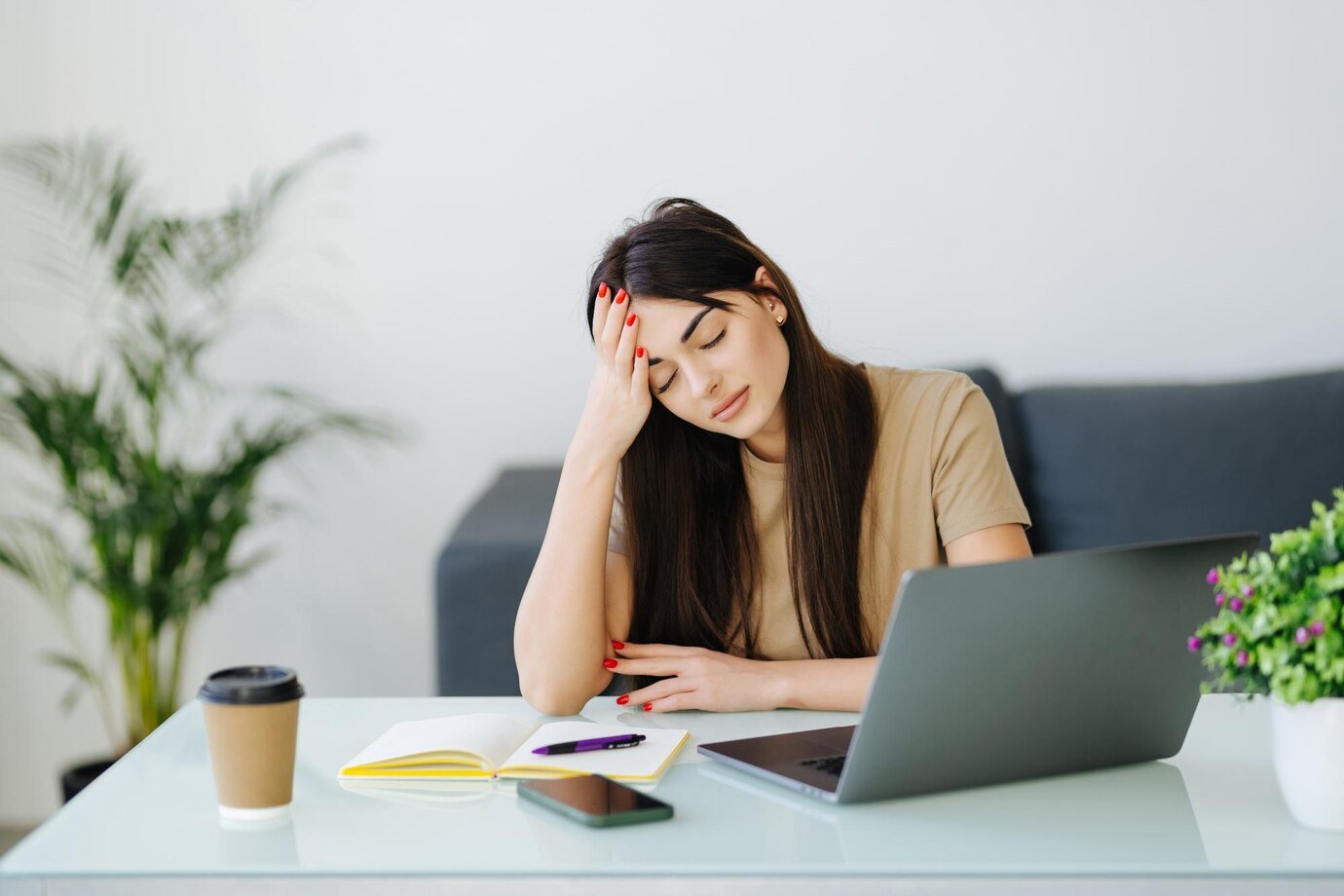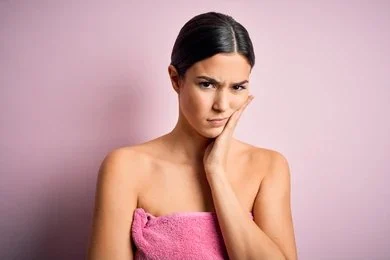
In today’s fast-paced world, stress and lack of sleep have become common problems. However, many people don’t realize that these factors can significantly affect their skin and hair health. If you’ve noticed breakouts, dull skin, or hair thinning, stress and poor sleep may be the culprits. In this article, we’ll explore how stress and sleep impact your skin and hair and provide tips to maintain their health.
How Stress Affects Your Skin
Stress triggers the release of cortisol, a hormone that affects various bodily functions, including skin health. High cortisol levels can lead to multiple skin issues, such as:
- Acne Breakouts – Stress increases oil production in the skin, leading to clogged pores and breakouts.
- Dull and Dry Skin – Stress depletes the skin’s moisture levels, making it appear dry and lifeless.
- Premature Aging – Chronic stress damages collagen and elastin, leading to fine lines, wrinkles, and sagging skin.
- Skin Sensitivity – Stress weakens the skin barrier, making it more prone to irritation and inflammation.
- Dark Circles and Puffiness – Increased cortisol levels cause blood vessels to expand, leading to dark under-eye circles and puffiness.
How Stress Affects Your Hair
Stress doesn’t just harm your skin; it can also lead to hair problems such as:
- Hair Loss (Telogen Effluvium) – Stress pushes more hair follicles into the resting phase, causing increased hair shedding.
- Dandruff and Scalp Issues – Stress weakens the immune system, leading to scalp conditions like dandruff and itchiness.
- Hair Thinning – Chronic stress disrupts hair growth cycles, resulting in thinner and weaker hair strands.
- Premature Graying – Stress-induced oxidative stress can cause premature graying of hair.
The Role of Sleep in Skin and Hair Health
A good night’s sleep is essential for skin and hair repair. While you sleep, your body undergoes regeneration, which helps maintain healthy skin and strong hair. Here’s how sleep impacts your beauty:
- Boosts Collagen Production – During deep sleep, the body produces collagen, which keeps skin firm and elastic.
- Reduces Inflammation – Sleep helps lower cortisol levels, reducing inflammation and skin redness.
- Prevents Dark Circles – Proper sleep improves blood circulation, reducing under-eye darkness and puffiness.
- Strengthens Hair Growth – Sleep enhances the supply of oxygen and nutrients to hair follicles, promoting stronger hair growth.
- Balances Hormones – Sleep regulates hormones like melatonin and growth hormones, essential for skin and hair health.
Tips to Reduce Stress for Better Skin and Hair
Managing stress is crucial for maintaining glowing skin and healthy hair. Here are some effective stress-relief strategies:
- Practice Deep Breathing – Techniques like meditation and yoga help lower cortisol levels.
- Exercise Regularly – Physical activity boosts circulation and releases endorphins, reducing stress.
- Follow a Skincare Routine – Cleanse, moisturize, and use SPF to protect your skin from damage.
- Stay Hydrated – Drink plenty of water to keep your skin and scalp hydrated.
- Limit Caffeine and Sugar – High caffeine and sugar intake can worsen stress and skin inflammation.
- Engage in Relaxing Activities – Reading, listening to music, or spending time in nature can help reduce stress levels.
Tips for Better Sleep to Improve Skin and Hair Health
If you struggle with sleep, follow these tips to improve your rest:
- Stick to a Sleep Schedule – Go to bed and wake up at the same time every day.
- Create a Relaxing Bedtime Routine – Avoid screens and engage in calming activities before bed.
- Use Silk Pillowcases – Silk pillowcases reduce friction, preventing hair breakage and skin creases.
- Maintain a Dark and Cool Environment – A dark, cool room promotes deeper sleep.
- Avoid Heavy Meals Before Bed – Eating late at night can disrupt sleep quality.
Conclusion
Stress and lack of sleep can take a toll on your skin and hair, leading to breakouts, aging signs, hair loss, and other issues. However, by managing stress levels and prioritizing quality sleep, you can improve your overall beauty and well-being. Incorporate relaxation techniques, maintain a healthy skincare and haircare routine, and ensure adequate rest to keep your skin glowing and your hair strong. Prioritizing self-care is the key to maintaining natural beauty from within.






